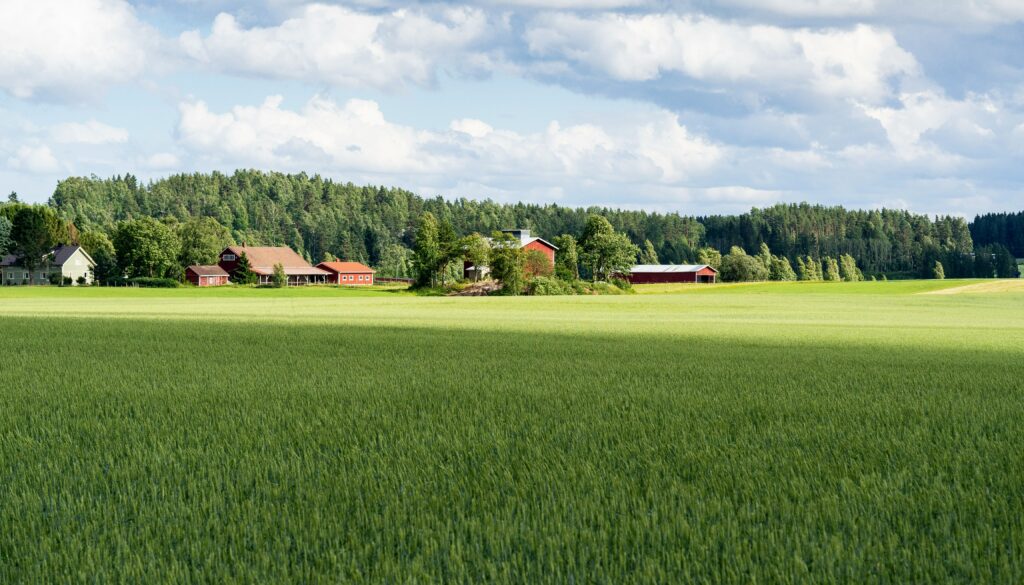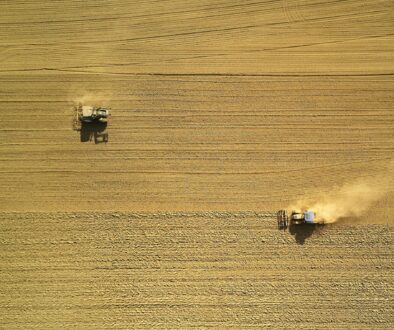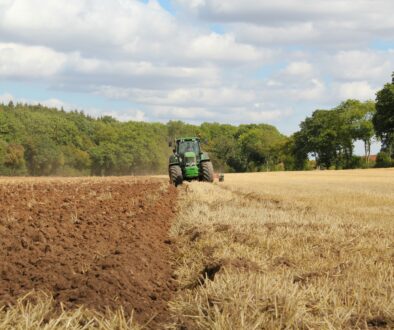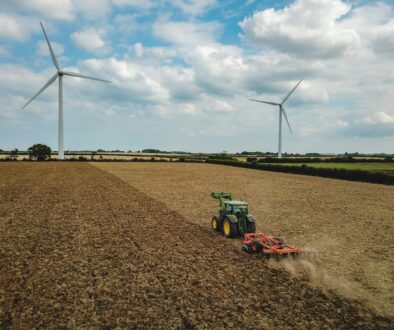Agricultural Tenancies: Landlords’ claims for compensation at the end of the Tenancy
Agricultural Tenancies: Landlords’ claims for compensation at the end of the Tenancy
Agricultural Holdings Act 1986
If a Tenant quits all or part of a holding to which the Agricultural Holdings Act 1986 (the 1986 Act) applies, the Landlord has a right to claim compensation for dilapidation or deterioration of, or damage to, any particular part/s of the holding which is caused by the Tenant’s failure to comply with the rules of good husbandry.
This right to seek compensation once the Tenant has quit the holding is independent of the Landlord’s other rights which may arise during the term of the tenancy as a result of any breach of the Tenant’s repairing obligations, i.e. the right to claim damages, the right to forfeit, or the right to serve a notice to quit based on either:
a) a certificate of bad husbandry, or
b) the Tenant’s failure to comply with a notice to remedy a breach.
“Dilapidation” and “Deterioration” are not defined by the 1986 Act. However, ‘Dilapidation’ is ordinarily regarded as involving disrepair to buildings, fences, gates, drains and the like. By contrast, “Deterioration” usually relates to a deterioration in the quality of soil or pasture as the result of a failure to fertilise the land sufficiently.
The Landlord can claim compensation at the end of the tenancy either:
under the terms of the Tenancy Agreement, as supplemented by section 7 of the 1986 Act, which imports the ‘Model Clauses’ in relation to the maintenance, repair and insurance of fixed equipment into all Tenancy Agreements to which the 1986 Act applies, and (where the farm is in England) by the Agriculture (Maintenance, Repair and Insurance of Fixed Equipment) Regulations 1973 (the 1973 Regulations), as revoked and replaced (with effect from 1 October 2015) by the Agriculture (Model Clauses for Fixed Equipment) (England) Regulations 2015, or (where the farm is in Wales) by the 1973 Regulations , as revoked and replaced (with effect from 1 November 2019) by the Agriculture (Model Clauses for Fixed Equipment) (Wales) Regulations 2019, or
Under the Statutory Scheme contained in the 1986 Act.
The Landlord cannot maintain a claim for compensation under both the Tenancy Agreement and the Statutory Scheme in respect of the same holding.
The Landlord may initially instigate two claims in the alternative, but must ultimately choose (either at or before the arbitration hearing) which of the two the Landlord wishes to pursue.
The amount of compensation which the Tenant is obliged to pay is the cost of making good the deterioration, dilapidation or damage. However, that is subject to a “cap”. Irrespective of whether the claim is made under the Tenancy Agreement or the Statutory Scheme it cannot exceed the diminution in the value of the Landlord’s reversionary interest which is caused by the dilapidation, deterioration or damage.
The Landlord also has a right to claim compensation for ‘general deterioration’ of the holding to the extent that any dilapidation, deterioration or damage cannot be claimed as above. The amount of this compensation:
Cannot exceed the diminution in the value of the holding as a holding caused by the matter in question, having regard to the character and situation of the holding and the average requirements of tenants reasonably skilled in husbandry, and
Must take account of any compensation awarded as above.
The Landlord cannot claim compensation for ‘general deterioration’ unless the Landlord gives the Tenant notice of the Landlord’s intention to do so at least one month before the termination of the tenancy.
The purpose of allowing a Landlord to make a claim for ‘general deterioration’ in this way is to enable the Landlord to do so notwithstanding that the Landlord may not be able to point to any specific failure on the part of the Tenant, but the Tenants may have been guilty of a ‘general lack of care’.
If the Tenant has been in continuous occupation of the holding under a series of tenancies, the Landlord may claim compensation at the end of the final tenancy even if the deterioration, dilapidation or damage in question occurred during one of the earlier tenancies.
The Landlord and the Tenant cannot contract out of the Statutory Scheme. That Scheme will therefore always provide a ‘default’ right to compensation in the Landlord’s favour when the Tenant quits the holding.
Agricultural Tenancies Act 1995
The Agricultural Tenancies Act 1995 does not contain any equivalent statutory scheme. The extent of the Landlord’s rights against the Tenant for disrepair at the end of the term is dictated entirely by the terms of the Farm Business Tenancy Agreement, i.e. principally the Tenant’s obligation (if any) to yield up at the end of the tenancy (and which will almost certainly relate back to the Tenant’s repairing obligations during the tenancy).
Any claim by the Landlord under the Farm Business Tenancy Agreement will be determined under general Landlord and Tenant law in connection with repairs (and bearing in mind that some statutes, e.g. the Law of Property (Repairs) Act 1938, which limits a Landlord’s right to claim damages or forfeiture for disrepair during the currency of a tenancy, do not apply to Farm Business Tenancies).
(This article is not intended to be comprehensive or to provide specific legal advice. It should not be relied upon in the absence of specific advice given in relation to particular circumstances.)
For further information, please contact: Natalie Linehan, Andrew Williamson or David Thorp




